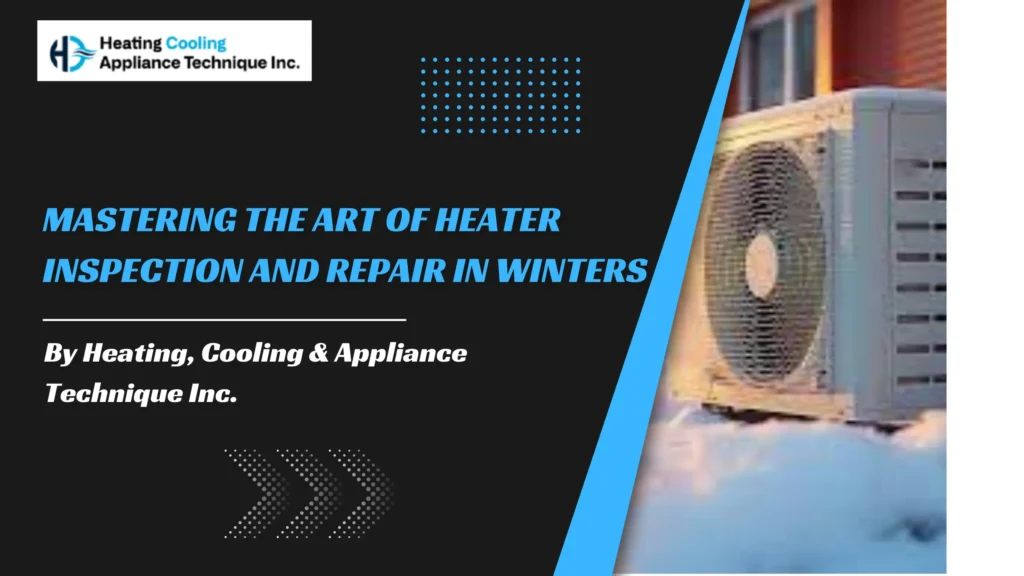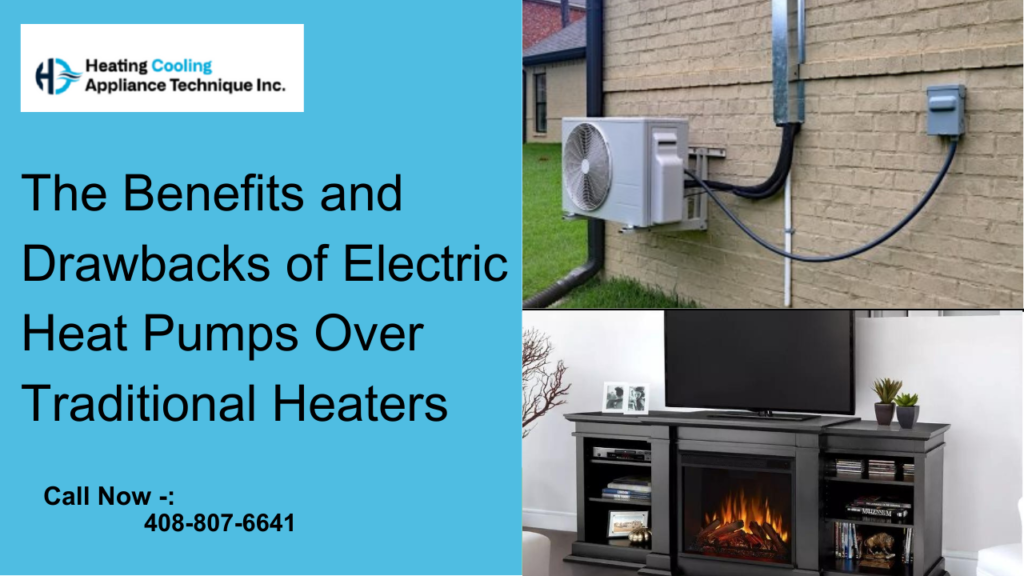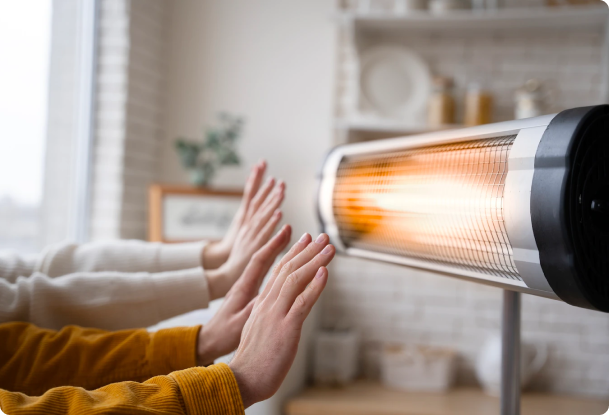
The Importance of Heater Inspection & Repair
Seasonal Preparation: A Heater’s Best Friend Explore the significance of seasonal preparation for your heater. Learn why a pre-winter inspection is crucial for identifying potential problems and ensuring a seamless heating experience throughout the cold season.
DIY Inspection Checklist: A Step-by-Step Guide Become a heater inspection pro with a DIY checklist. From examining air filters to checking thermostat settings, this step-by-step guide ensures a thorough inspection, allowing you to catch issues early.
Identifying Common Heater Problems -: Uncover the common problems that heaters face during winter. From pilot light issues to strange noises, understanding these issues equips you to troubleshoot effectively and decide when professional intervention is necessary.
Advantages and Disadvantages of Forced-Air Heating Systems
Forced-air heating systems, often referred to as furnaces, are favored by homeowners aiming for efficient heating solutions. These systems operate by warming air within a central unit and subsequently circulating it through a network of ducts to heat different areas of your home.
Here are the key pros and cons of forced-air heating:
Advantages:
Efficient heating: Forced-air systems can quickly heat a room, providing instant warmth.
Versatile: They can accommodate air conditioning components, making them suitable for year-round comfort.
Easy temperature control: You can easily adjust the temperature in different rooms with a thermostat.
Disadvantages:
Dry air: Forced-air systems can reduce indoor humidity levels, potentially leading to discomfort and health issues.
Energy consumption: They may be less energy-efficient than other heating systems, which can lead to higher utility bills.
Duct maintenance: Air ducts require regular cleaning and maintenance to ensure proper airflow.
Heat Pumps: Advantages and Limitations
Heat pumps represent a sensible and eco-friendly option. Their energy efficiency, capacity to deliver heating and cooling, and reduced operational expenses are well-suited for San Jose’s climate. Nevertheless, when deciding, prospective buyers should consider initial installation expenses and occasional performance challenges during extremely cold weather.
Advantages:
Energy Efficiency: Heat pumps exhibit remarkable energy efficiency, a particularly valuable trait in a region like San José where cooling is a major priority. They can be up to three times more energy efficient than conventional heating systems, offering substantial benefits for both environmental sustainability and cost savings.
Heating and Cooling: The adaptability of heat pumps presents a significant advantage in san Jose climate. They function as air conditioners to combat the intense Texas summers and seamlessly transition to heaters during the milder winters, providing a comprehensive year-round solution.
Environmentally Friendly: Considering San Jose’s focus on sustainability and environmental awareness, heat pumps emerge as an exceptional option. They generate fewer greenhouse gas emissions in comparison to systems dependent on burning fossil fuels.
Lower Operating Costs: While the initial installation cost can be high, heat pumps typically have lower operating costs over their lifespan, saving you money on energy bills in the long run.
Limitations
Upfront Cost: In San Jose, the upfront expense of installing a heat pump system, particularly high-efficiency models, may raise concerns. Nonetheless, the long-term savings typically outweigh this initial investment.
Maintenance Requirements: Routine maintenance is vital to keep heat pumps operating efficiently, especially in San José climate. Maintenance includes cleaning filters and coils and checking refrigerant levels.
Limited Heating Capacity: While winters in San Jose are generally mild, there may still be occasional cold snaps that could reduce the heating capacity of air-source heat pumps. In such instances, having a supplementary heating system can be necessary.
Choosing the Right Heating System for Your Home in San Jose
Forced-air, radiant, geothermal, and electric heating systems have advantages and disadvantages. By understanding the intricacies of these systems, you can make an informed decision that ensures your home remains warm, comfortable, and energy-efficient. For professional advice and assistance with your heating system needs in San Jose, contact Heating, Cooling & Appliance Technique Inc.



